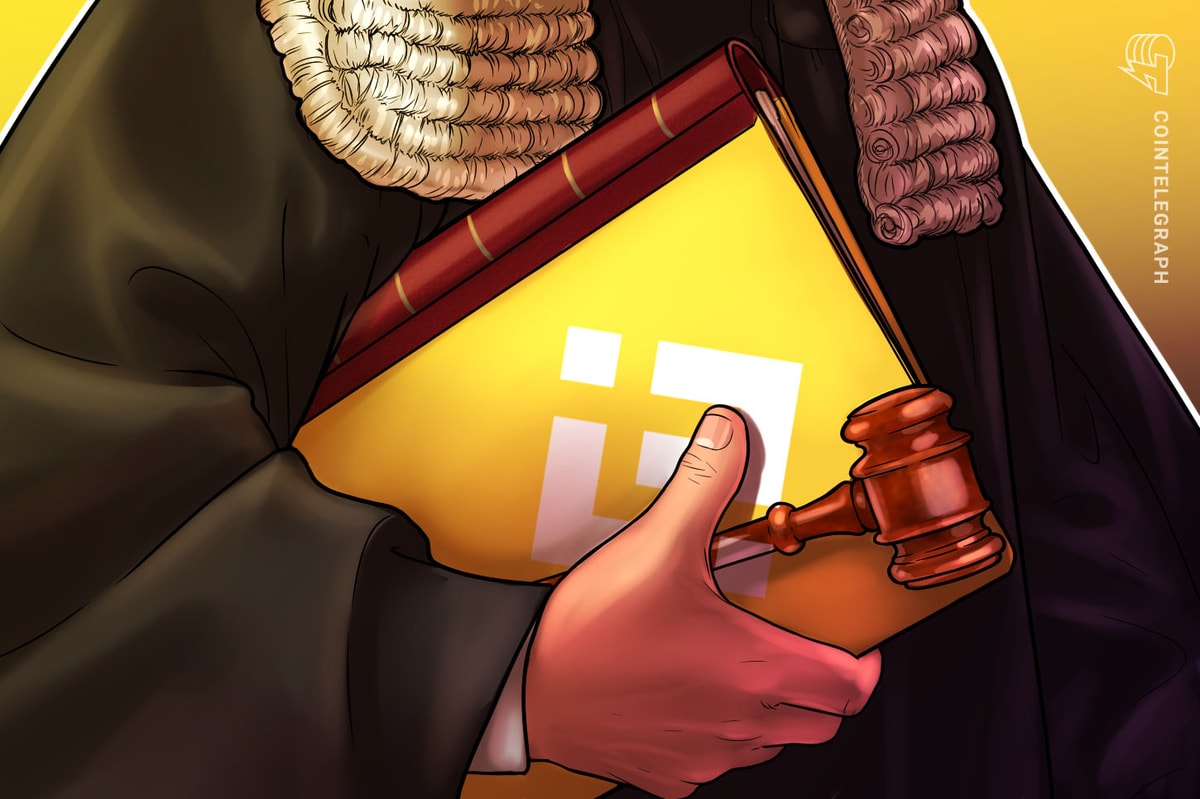A federal judge overseeing software firm Consensys’ lawsuit against the United States Securities and Exchange Commission (SEC) and its commissioners has greenlighted a timeline for the court to consider the case’s merits.
In a July 1 filing in the U.S. District Court for the Northern District of Texas, Judge Reed O’Connor granted a motion requiring SEC and Consensys lawyers to file opening and opposition briefs by September and November, respectively. The judge also granted the SEC a 28-day extension to respond to the complaint.
As part of Judge O’Connor’s timeline, all five SEC commissioners and the regulator will need to file answers by July 29, with reply briefs filed by Nov. 26. Bill Hughes, Consensys’ senior counsel and director of global regulatory matters, said in a July 2 X post that he expected a ruling on the case to happen around December.

Consensys filed its lawsuit against the SEC in April, alleging the regulator had orchestrated a campaign “to seize control over the future of cryptocurrency” with enforcement actions aimed at regulating Ether (ETH) as a security. Consensys reported in June that the commission had dropped its investigation into ETH. However, the SEC filed its own lawsuit days later, alleging that the software firm had been operating as an unregistered broker.
Related: Impact of shifting SEC policy on ETH ‘yet to be seen’ — Consensys SC
Many legal experts in the crypto space have been monitoring the civil case for its potential ramifications on the SEC’s authority. The commission has several pending lawsuits against crypto firms, including Coinbase, Binance, and Ripple. Commissioner Mark Uyeda — also named in the Consensys lawsuit — called the SEC’s approach to crypto “problematic” in a July 1 statement unrelated to the case.
The SEC and Consensys lawsuits were filed before the U.S. Supreme Court released two opinions that could impact how the commission handles enforcement cases. One opinion held that defendants in SEC civil cases concerning securities fraud were entitled to a jury trial. Another would require courts to determine whether a federal agency like the SEC “acted within its statutory authority.”
Magazine: Godzilla vs. Kong: SEC faces fierce battle against crypto’s legal firepower










